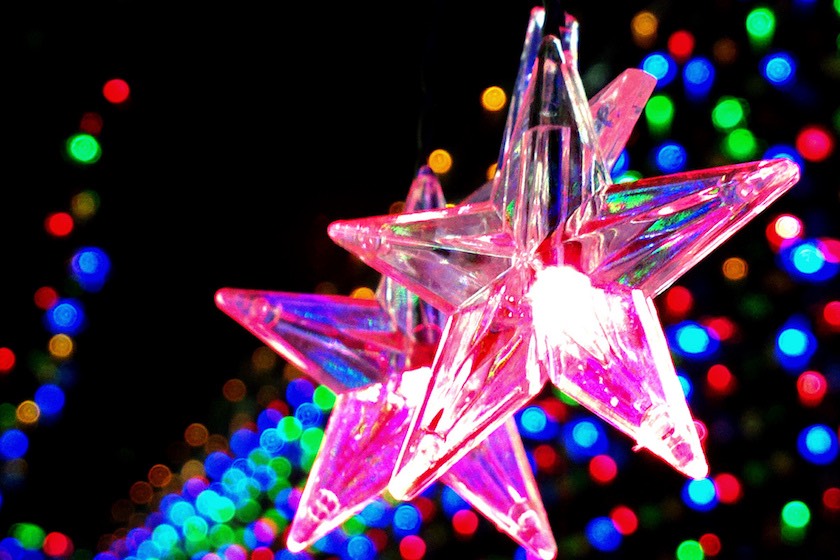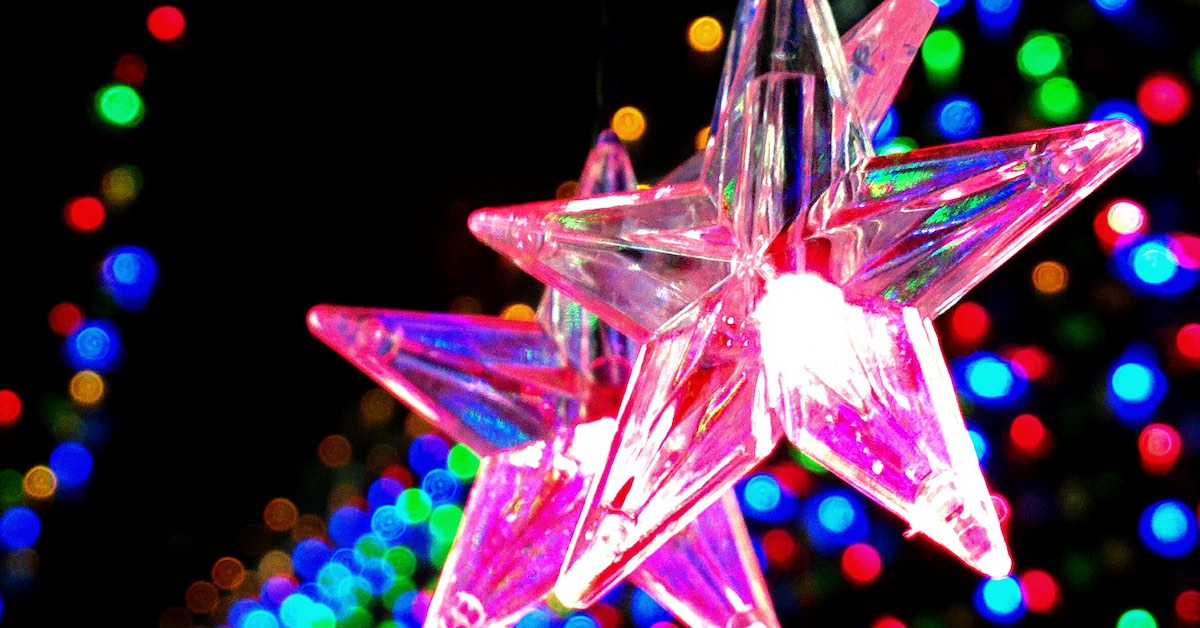
Last night, Muslims around the world were focused on the inky sky, anticipating the appearance of the crescent moon. A clear sighting of the moon signals the beginning of Ramadan—the best-known holiday in Islam.
The literal translation of the word Ramadan is “to be burnt, scorched.” This ninth month in the Islamic calendar is set apart for observant Muslims to engage in disciplined practices intended to “burn off the bad” accumulations from the previous year.
On the first day of Ramadan, here are three things to know…
1. Fasting from food and water isn’t the point of Ramadan.
Ramadan is a spiritual practice, not primarily a physical one. Imagine a cross between Lent, New Year’s, and a spiritual retreat that you don’t leave home for. We hear so much about the food fast but usually miss the greater point: Ramadan is about strengthening a person’s connection to God.
Ramadan is a time set apart and provides a chance for Muslims to re-focus on what is most important, to let go of those things that distract. Ramadan is a time for prayer, reading the Qur’an, and acts of charity—which provide a lens to hold up against every-day life, to see where there is a distance from God.
Writer Naila Kelani describes it this way:
Ramadan gives you 30 days to stop relying on food and drink for emotional fulfillment. In a world that pushes us tirelessly to consume, a religiously stipulated time dedicated to refueling the soul and building constructive habits is truly refreshing. It’s a good time for new beginnings, and a good time to try and implement new habits with the knowledge that there are scores of other people working to improve themselves, too.
When done right, Ramadan fosters a beautiful balance between social responsibility and self-knowledge; Muslims are encouraged to spend time alone in introspection, but also to be present for one another. It’s a profound exercise in realizing that strong communities depend first and foremost on self-accountability, and that there is no self without responsibility to others.
2. Fasting during Ramadan involves more than food and drink.
It’s true that Muslims fast from eating or drinking anything—including water—from before sun-up to after sun-down. But the Ramadan fast is much broader, and includes fasting from all intense physical desires (like smoking and sex), as well as leaving behind negative habits such as swearing, gossip, and anger.
Ramadan is a cleanse for the body, mind, and spirit.
3. Ramadan is a celebration.
Many look forward to Ramadan with eagerness! It is a time when the world’s Muslims, regardless of their culture or citizenship, take part in the same practice and feel an intense connectedness with the wider global body. For Muslims who live in communities with others of their faith, the month of Ramadan is filled with visiting family and friends. There is a strong sense of togetherness—everyone participating in the challenges of the fast, and everyone breaking the fast together at day’s end.
Ramadan closes with the feast known as Eid al-Fitr, “the festival of the breaking of the fast.” It is the only day in the Islamic calendar when fasting is forbidden. A day marked by joy, generosity, and prayer.
Ramadan Mubarak! Ramadan Kareem! Kul ‘am wa enta bi-khair!
(Blessed Ramadan! Generous Ramadan! May every year find you in good health!)
Photo: Khairul Nizam (CC BY 2.0)



